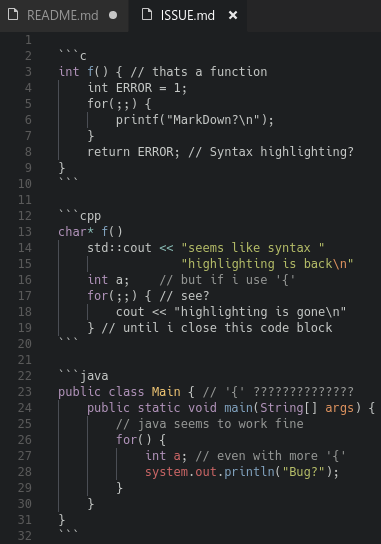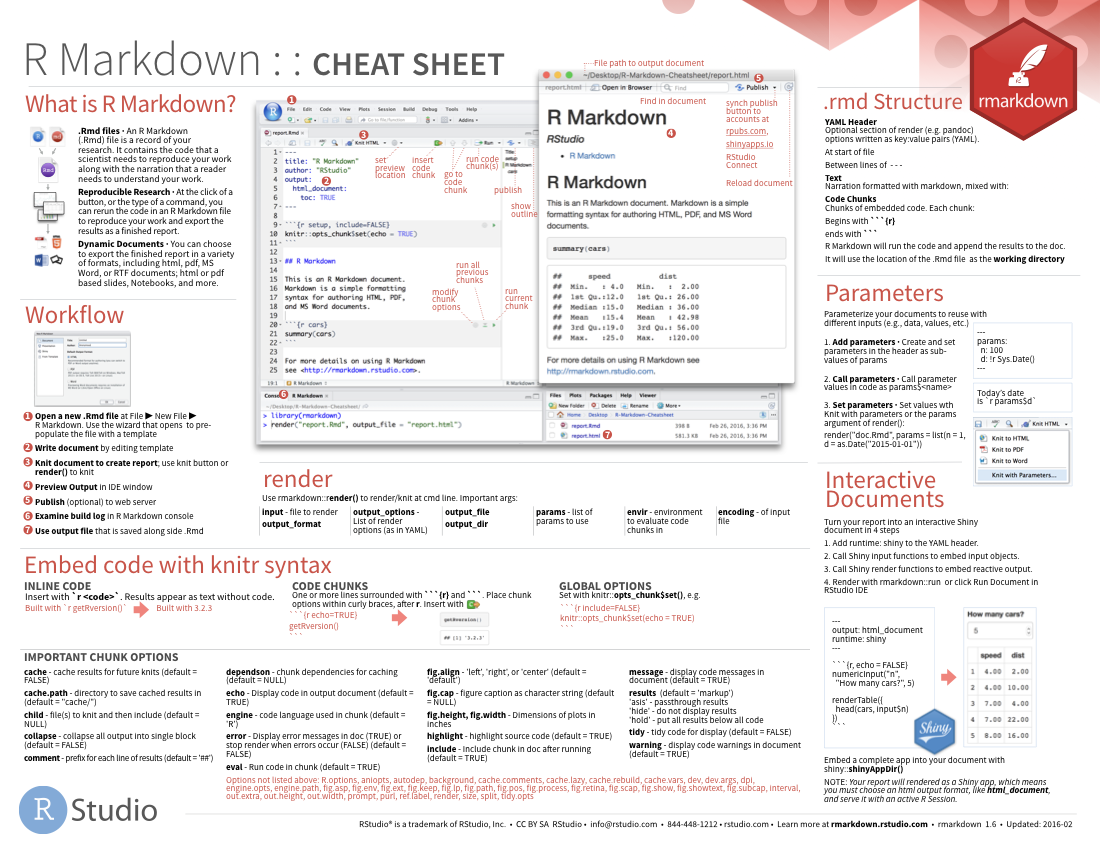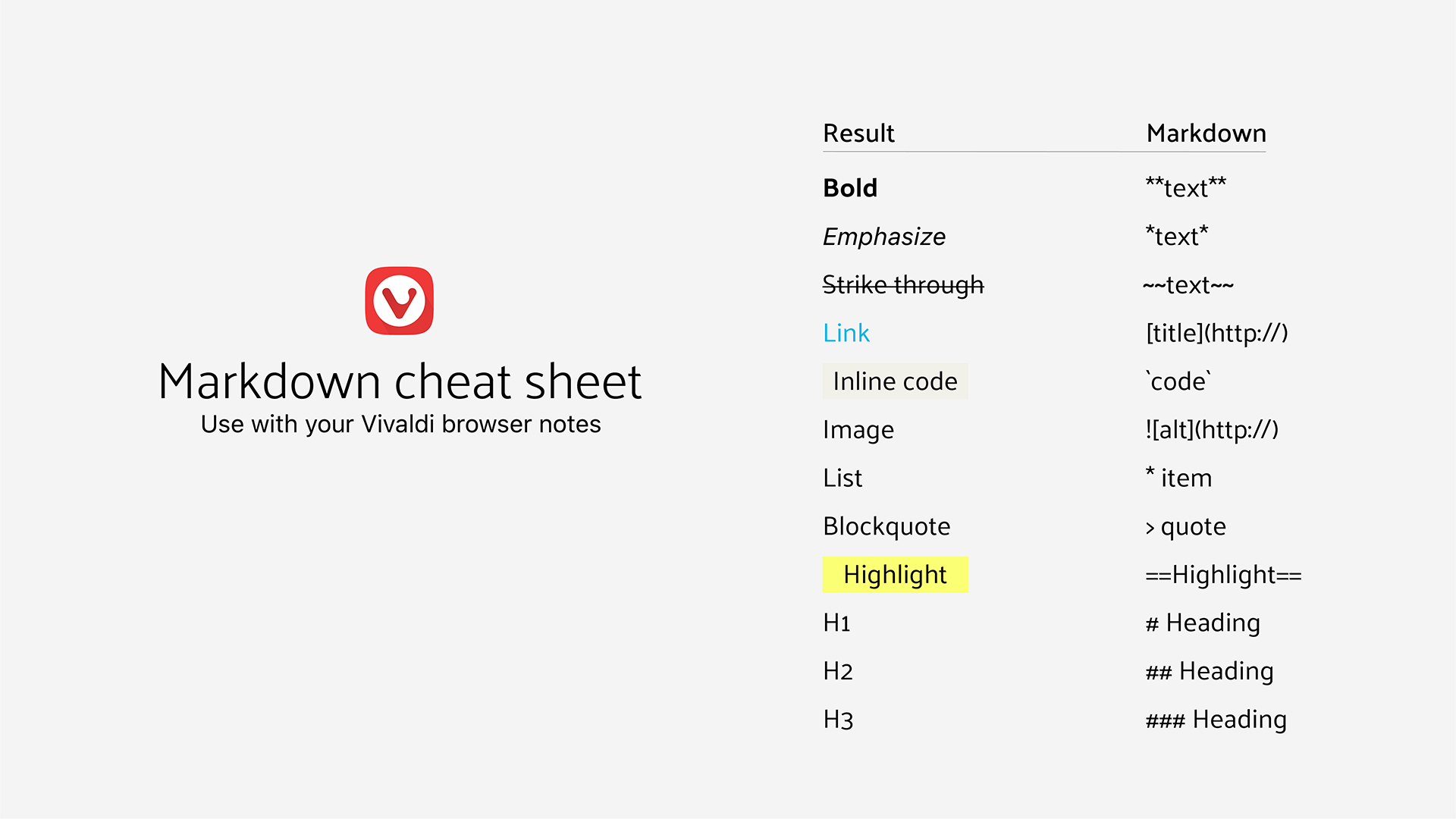You can write content in regular Markdown files (e.g., files ending in .md).Jupyter Book supports any Markdown syntax that is supported by Jupyter notebooks.Jupyter Notebook Markdown is an extension of a flavour of Markdown calledCommonMark Markdown.It has many elements for standard text processing, though it lacks a lot of features used forpublishing and documentation.
You should see the file you created, test1.md. To convert it to HTML, use this command: pandoc test1.md -f markdown -t html -s -o test1.html. The filename test1.md tells pandoc which file to convert. The -s option says to create a “standalone” file, with a header and footer, not just a fragment. And the -o test1.html says to put the output. In this tutorial, I am giving examples of all these three ways to show you, how to add an image to the README.md file in GitHub. But first of all, you should know the syntax to specify an image file in the README.md or in any document in the GitHub.
Note
If you’d like a more in-depth overview and guide to CommonMark Markdown, seethe CommonMark Markdown tutorial. Garage sale finder near me.
- Dillinger is an online cloud based HTML5 filled Markdown Editor. Sync with Dropbox, Github, Google Drive or OneDrive. Convert HTML to Markdown. 100% Open Source!
- It is a simple plain text file that contains the basic information of the files and some guides. It is used to write some installation guide or basic documentation inside the project directory.
This page describes some basic features of the Jupyter Notebook Markdown, and how toinclude them with your book.
Embedding media¶
Adding images¶
You can reference external media like images from your Markdown file. If you userelative paths, then they will continue to work when the Markdown files are copied over,so long as they point to a file that’s inside of the repository.
Here’s an image relative to the book content root
It was generated with this code:
See also
Images and figures for more information.
Adding movies¶
You can even embed references to movies on the web! For example, here’s a little GIF for you!
This will be included in your book when it is built.
Mathematics¶
For HTML outputs, Jupyter Book uses the excellent MathJax library,along with the default Jupyter Notebook configuration, for rendering mathematics from LaTeX-style syntax.
For example, here’s a mathematical expression rendered with MathJax:
Block-level mathematics¶

You can include block-level mathematics by wrapping your formulas in $$ characters.For example, the following block:
Results in this output:
You can also include math blocks by using LaTeX-style syntax using begin{align*}.For example, the following block:
Results in:

Important
This requires the amsmath MyST extension to be enabled.

Github Markdown Guide
Extended Markdown with MyST Markdown¶

In addition to CommonMark Markdown, Jupyter Book also supports a more fully-featured version of Markdown called MyST Markdown.This is a superset of CommonMark that includes syntactic pieces that are useful for publishing computational narratives.For more information about MyST Markdown, see MyST Markdown overview.
 -->
-->Creates a directory or subdirectory. Command extensions, which are enabled by default, allow you to use a single md command to create intermediate directories in a specified path. Game apps for pc.
Note
This command is the same as the mkdir command.
Md File Syntax
Syntax
Parameters
| Parameter | Description |
|---|---|
<drive>: | Specifies the drive on which you want to create the new directory. |
<path> | Specifies the name and location of the new directory. The maximum length of any single path is determined by the file system. This is a required parameter. |
| /? | Displays help at the command prompt. |
Github Md File Syntax
Examples
To create a directory named Directory1 within the current directory, type:
To create the directory tree TaxesPropertyCurrent within the root directory, with command extensions enabled, type:
To create the directory tree TaxesPropertyCurrent within the root directory as in the previous example, but with command extensions disabled, type the following sequence of commands:
Additional References
